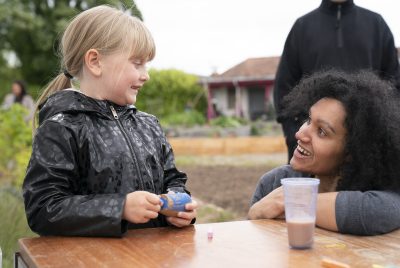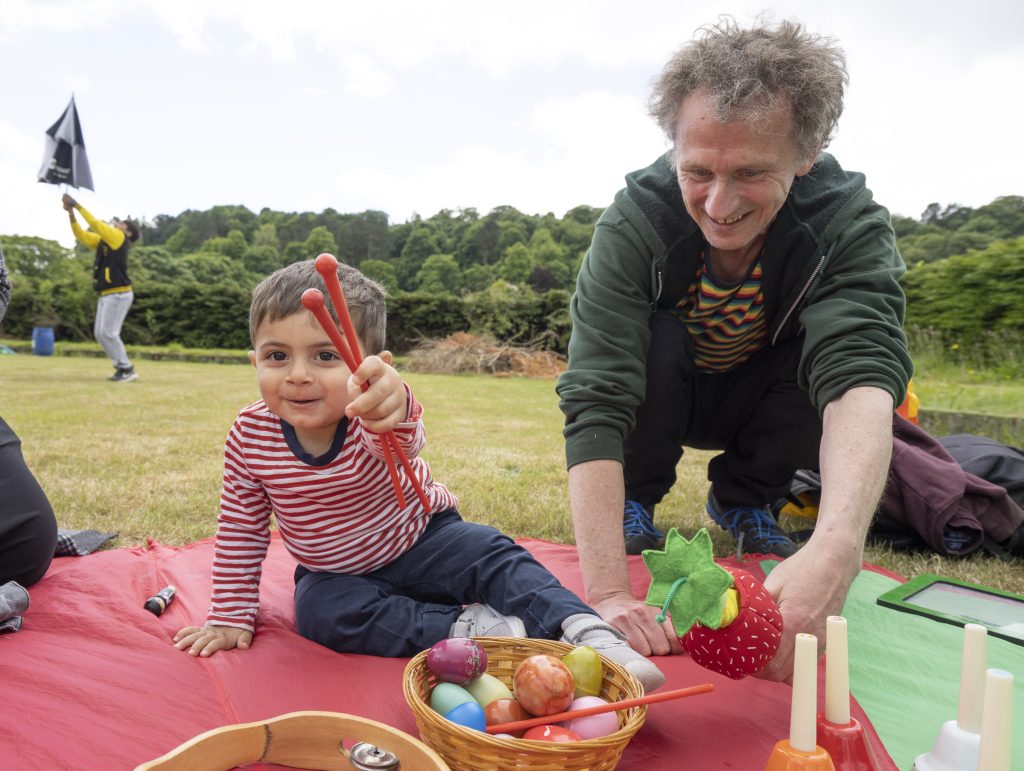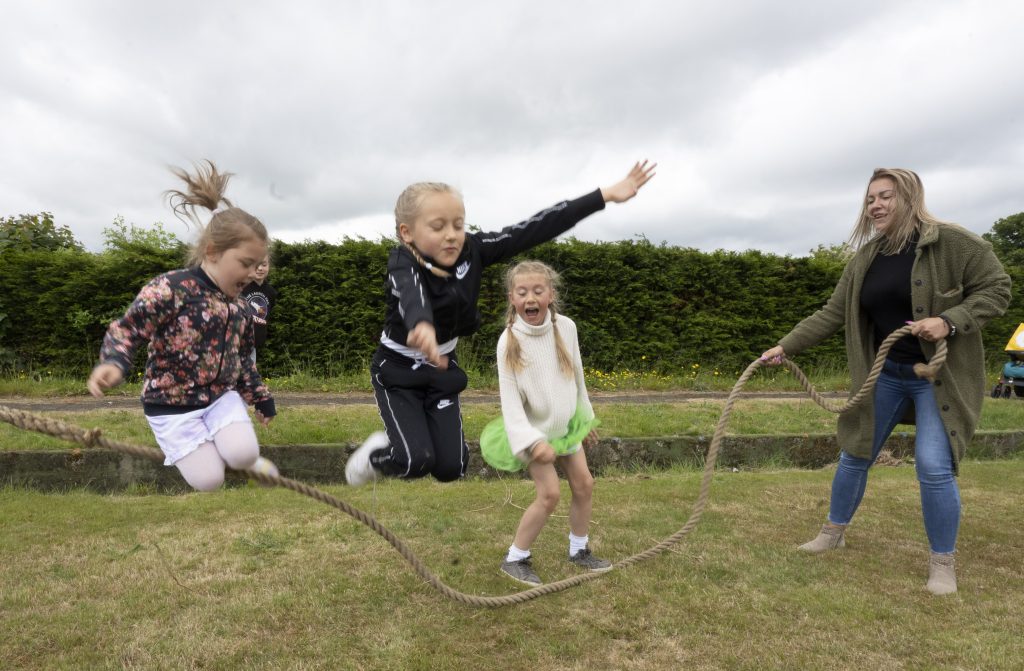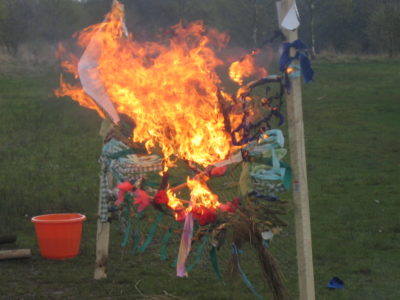
Playworkers are vital to creating a playful nation.
Playwork is “the specific act of affecting the whole environment with the deliberate intention of improving opportunities for play.”
Dr Fraser Brown, Professor of Playwork
What is playwork?
Playwork is an approach to working with children in which children determine and control the content and intent of their play, rather than it being led or directed. The play process for children includes exploration, trying out things, testing boundaries of ability as they grow, learning from successes and mistakes to build resilience and adaptability. Playwork is a service delivered by adults for children, either through people, places or a combination of both.
Children’s play experiences are enriched by skilled Playworkers who can turn physical spaces into places of opportunity, imagination and belonging.
The theory and practice of playwork recognises that children’s play must be ‘Freely chosen, personally driven and intrinsically motivated’. Children’s playing must not be ‘Adulterated’ by any adult or external agendas.
The Playwork Principles are a set of guidelines that establish the professional and ethical framework for playwork and underpin best practice in playwork. Find out more about the Playwork Principles.

What is a playworker?
A playworker is a professional who supports and facilitates children’s play in a variety of settings, such as playgrounds, schools, and community centers. Their role is to create a safe, stimulating environment where children can explore, take risks, and develop social, physical, and creative skills. Rather than directing play, playworkers observe and intervene only when necessary to ensure safety or enhance play opportunities. They advocate for the importance of free play and work to remove barriers that may limit a child’s ability to engage in spontaneous, self-directed activities.
Playworkers recognise that children are the experts in their play.
It is the job of a playworker to ensure that the broadest possible range of Play Types are available to children, to observe, reflect and analyse the playing that is happening and select a mode of intervention or make a change to the playspace if needed. Playworkers ensure that the play space is inclusive – supporting all children to make the most of the opportunities available in their own way.
Playwork is a highly skilled profession that enriches and enhances children’s play.

Playwork settings
Being qualified in Playwork can lead to a wide range of jobs, working in a range of settings, including ptaffed play provision, youth work, out of school and early learning and care provision – indoors, outdoors, facility based or mobile.
All of these staff have a crucial role to play in facilitating children to experience the freedom and excitement of being able to play in environments which offer a variety of play opportunities and choices.
Play Rangers work with children in parks and open spaces and often Playworkers can be found in schools and school grounds.
Playwork can also be facilitated in specialist settings such as hospitals, extended school provision, children’s homes and prisons.
Resources for Playworkers
Playwork qualifications
SkillsActive, as the sector skills council for playwork, works with employers and partners including Play Scotland to develop national occupational standards across the Active Leisure, Learning and Wellbeing Sector.
This is a discrete set of National Occupational Standards (revised 2016) and there is a range of courses in Further Education specialising in play and playwork.





